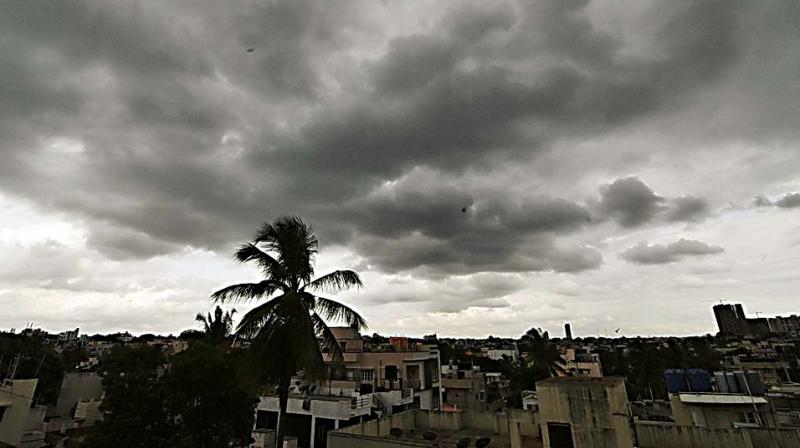Increase tax base, don't punish honest taxpayers
There is a basic problem in the way the Revenue department of BBMP is set up.

The proposal of BBMP to raise property taxes by 25% to help improve its revenues is unwarranted. Instead of focusing on improving property tax collections, it prefers to increase the burden of the current property tax payers. Resorting to property tax hikes in lieu of the heavy lifting needed to ensure better property tax compliance and tax collection efficiency is a tad lazy.
There is a basic problem in the way the Revenue department of BBMP is set up. The person who puts out the property tax revenue potential (the ‘demand’) is the same person who is tasked with the tax collection. Consequently, there is an inherent interest to understate potential at the outset and any collections made is shown as a significant achievement. For instance, one could everyone is impressed with the many crores collected from a stated 8 million square feet campus. But what if (as is often the case), the built-up area is 12 million square feet and 4 million square feet is conveniently lost revenue for the city every year? So, unless one separates the responsibility for property tax demand estimation and tax collection with appropriate performance metrics for the two heads, the current convenient tax ‘adjustmaadi’ mechanisms will continue.
All properties are not in the tax net. There are many instances of properties shown on Google, RMP 2031, BESCOM, BWSSB databases which does not form part of the BBMP property tax system. BBMP does not have a basic process in place where building plan clearances go into the property tax system as prospects for a future day collection on completion. Its important that BBMP’s building database needs to be the most exhaustive one in the city on par with those with the land property records of the government which are the primary title documents for resale and purchase. This is not the case currently leading to lower revenues.
Payment of true property tax payment by listed properties on record can be concealed on 3 counts - indicate lower built up area; show tenanted as self-occupied saving 50% tax; listing commercial as residence where the former has higher tax rates. There are ways to plug these 3 leakage sources.
If BBMP had chosen to do the 5-10% random check of property tax payers, by now all properties would have been verified on its built-up area, tenancy status and usage - this has not been done. Currently, there are many landlord-tenant disputes that end up in Court. If the Courts can be persuaded to check the status of payment (tenant or self-occupied) for property tax as a necessary first step to admit a tenant dispute case, property owners will shy away from lying about the property being rented out. Lastly, by triangulating databases of BESCOM, BWSSB it is possible to identify commercial connections declared as residential for property tax.
When the Self-Assessment Scheme (SAS) of property tax was introduced in 2000 (Disclosure - the author made the pitch for it on the BATF platform on Jan 24, 2000), it had an underlying guiding principle - make the tax compliance process simple and trust the Citizen to tell the truth than expect a Revenue Officer to uncover a lie. Further, build in a random inspection process that keeps everyone honest. It then led to a 50% increase in taxes with nary a protest showing that the basic principle has merit. Unfortunately, due to a combination of poor record keeping, updating processes and lack of interest in pursuing lost revenue for the city’s coffers, we are at a state where atleast 50% of the potential tax collection is lost to the city.
One finds many citizens hollering about the need for proper services for the tax paid before the government chooses to increase taxes. This misses the point. The clamour must be to ensure that full property tax due to the city is collected and emphasis has to be on proper deployment of city finances. It’s possible to improve out tax collections but will require political will and administrative firmness. Are we upto it?
— V. Ravichandar is a civic evangelist and co-creator of SAS of Property tax in 2000.

